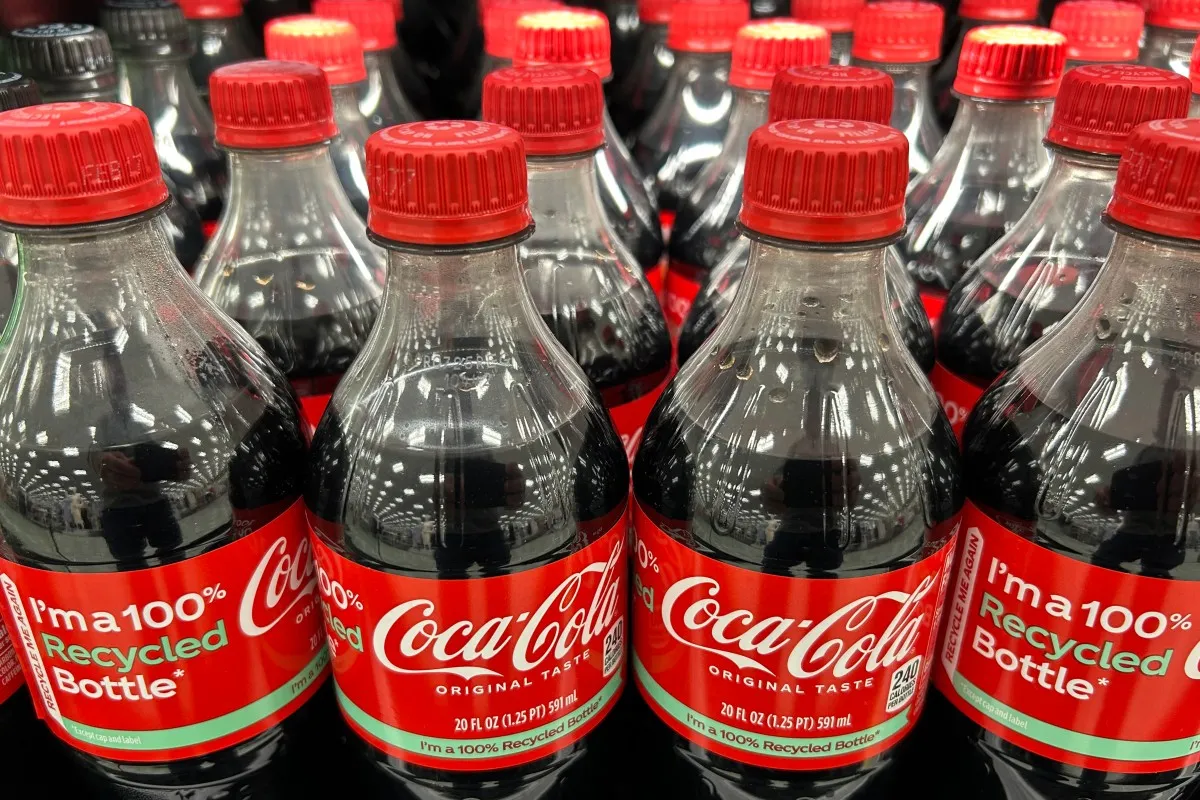
President Donald Trump announced Wednesday that Coca-Cola has agreed to replace high-fructose corn syrup with cane sugar in its US-manufactured soft drinks following his advocacy.
“I have been speaking to Coca-Cola about using REAL Cane Sugar in Coke in the United States, and they have agreed to do so,” Trump posted on Truth Social, thanking company officials for what he called a “very good move.”
Coca-Cola’s response was measured, neither confirming nor denying the president’s statement. The Atlanta-based company said it appreciated Trump’s “enthusiasm for our iconic Coca-Cola brand” and promised that “more details on new innovative offerings within our Coca-Cola product range will be shared soon.”
Trump, known for his Diet Coke consumption, did not elaborate on his motivation for pushing the ingredient change. However, his health secretary Robert F Kennedy Jr has been vocal about high-fructose corn syrup’s role in American diets, calling it “just a formula for making you obese and diabetic.”
Kennedy has committed to targeting ultra-processed foods containing ingredients uncommon in typical kitchens as part of his broader food policy agenda.
High-fructose corn syrup, derived from corn starch, became popular among US manufacturers primarily due to cost advantages. Government corn subsidies and sugar import tariffs make it significantly cheaper than cane sugar for domestic production.
Coca-Cola transitioned to high-fructose corn syrup in the 1980s for US production while continuing to use cane sugar in international markets. Mexican Coca-Cola, made with cane sugar, has gained a devoted following among consumers who believe it tastes superior to the American version.
The ingredient debate occurs amid broader concerns about American sugar consumption, with high intake contributing to nearly three-quarters of the population being overweight or obese. However, current scientific evidence does not establish that high-fructose corn syrup is less healthy than cane sugar or other sweeteners.
The FDA stated in a 2018 fact sheet that it was “not aware of any evidence” indicating a “difference in safety” between foods containing high-fructose corn syrup and those with alternative sweeteners like sugar and honey.
Whether this potential ingredient change represents a significant health improvement or primarily addresses taste preferences remains unclear, though it would align with Kennedy’s broader campaign against processed food ingredients.











Be the first to leave a comment